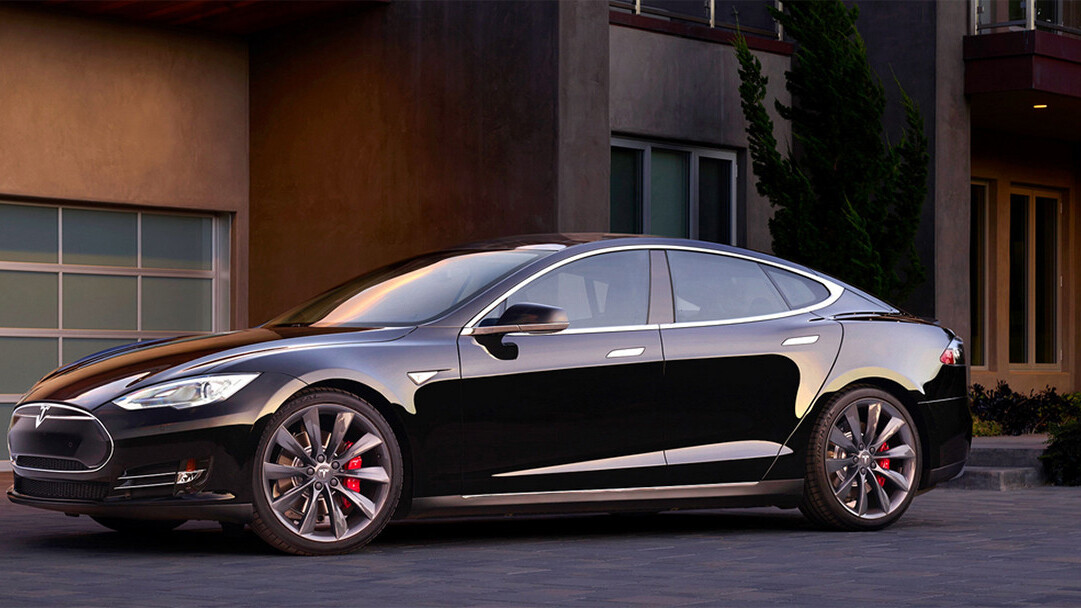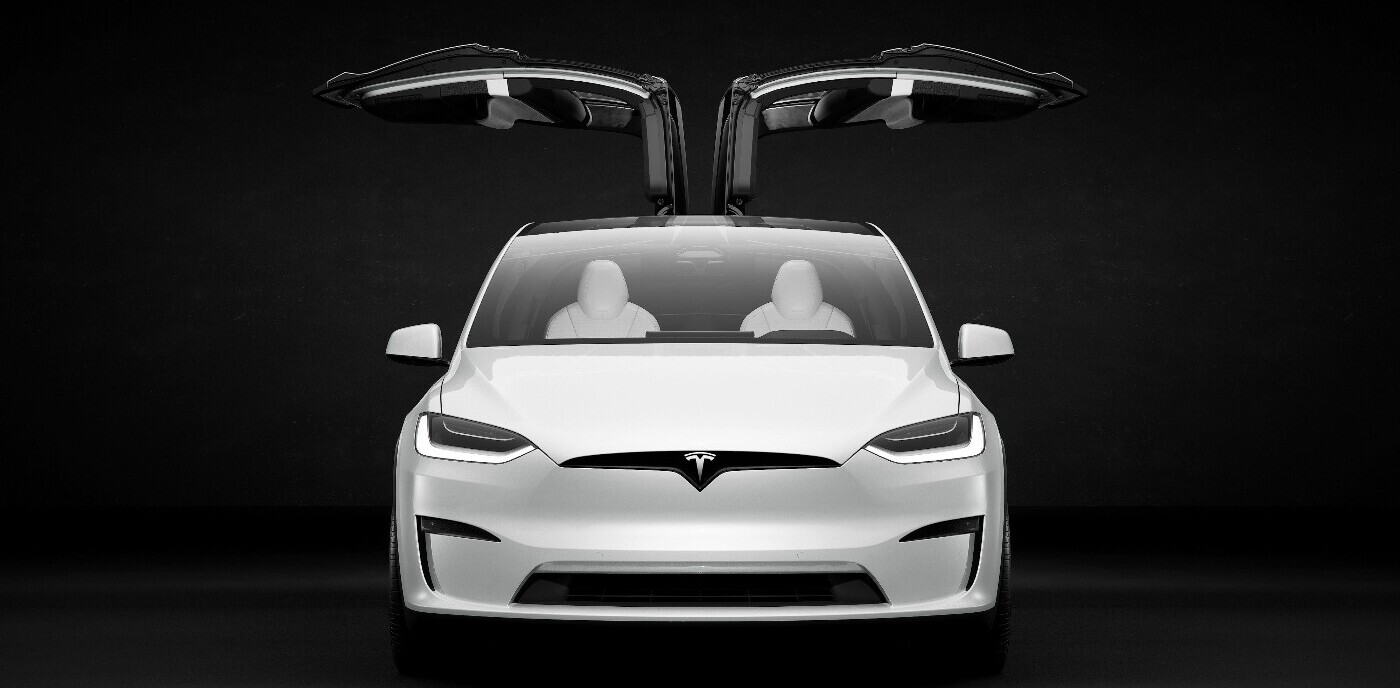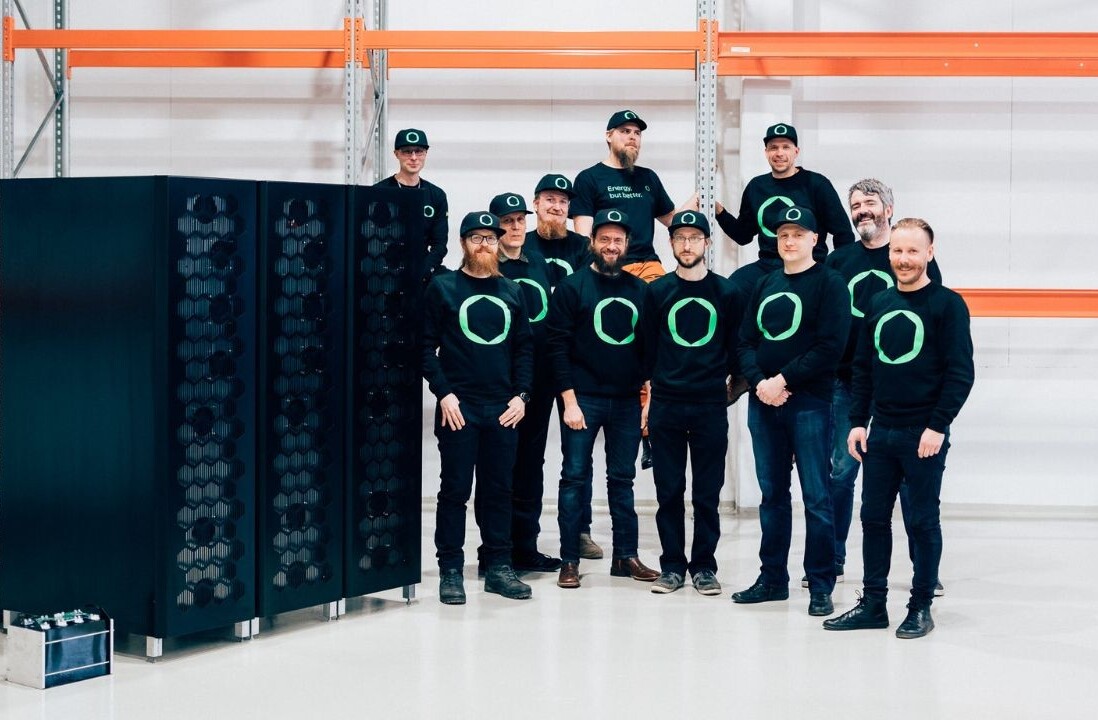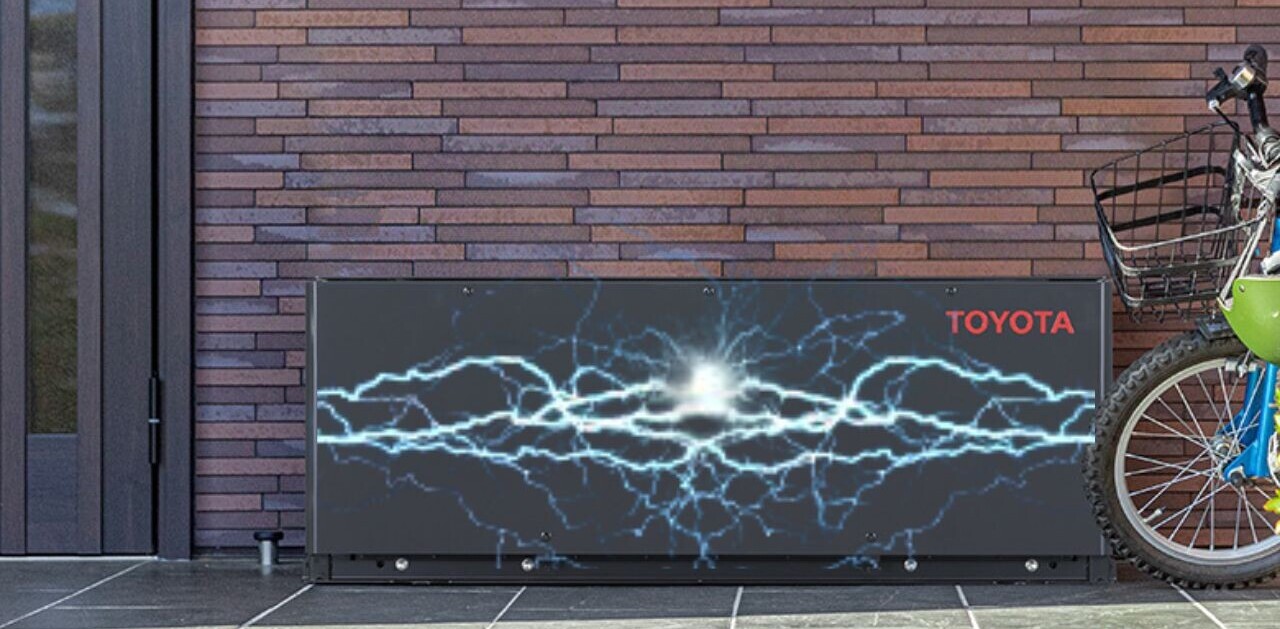
When living in a world surrounded by the promises of cutting-edge technology, it’s easy to sweep the little niggling questions of “why” and “how” under the rug. In an eager willingness to embrace the finer points of the future, we take promises given to us by innovators at face value.
There might not be a CEO as singularly perfect at delivering those promises as Tesla CEO Elon Musk. In the creation and development of his luxury electric car brand, Musk has promised safety, reliability, cutting edge technology, zero emissions and (perhaps most importantly) increasing scalability and accessibility.
We, the audience, accept Musk’s offers at face value. When a beautiful model car with touch locks and Wi-Fi rotates smoothly on a glossy stage, how could you not?
So it’s no surprise that when Consumer Reports said that Tesla’s Model S had crashed through the roof of drive test ratings to score a 103 out of 100, the tech world pat itself on the back in validation. We had believed Musk’s words, and they were correct.
Well, today that changed.

For those unfamiliar, Consumer Reports tests a car in two ways: the road test, in which a reviewer takes a brand new car and catalogues the experience, and the reliability test, which surveys previous model Tesla owners to project the average reliability of the car, along with more than 740,000 other automotive brands. Compiling the opinions of more than 1,000 Tesla owners, Consumer Reports gave the brand a “below-average” reliability rating.
To put it in context, Toyota’s hybrid Prius C received the top reliability ranking, while Nissan’s Leaf EV scored an average rating. Tesla’s ‘below average’ rating puts it alongside troubled luxury car models like the BMW 5 series. And, perhaps most damning, the rating pulls Consumer Reports’ previous recommendations for the model.

According to those surveyed, the Model S simply doesn’t age as well as it should. As model years increase, more problems accrue — Consumer Reports noted that Tesla has replaced its engines outright in many older cars. But it also has other problems that are severely annoying: the fingerprint technology doesn’t recognize the car owner, the wipers suddenly become inoperable, or the sunroof leaks.
I spoke with an auto industry insider who said that many of these problems aren’t simple fixes, but rather “build quality” issues — there shouldn’t be a reason for a car that costs more than $100,000 to even have a leaking sunroof to begin with. And, despite the strong vision and (mostly) sexy execution, Tesla is not immune to running into problems when building a completely new car.
In counteracting these problems, Tesla has mitigated most of the damage through its customer service. Consumer Reports noted that 97 percent of Tesla owners would purchase their cars again, despite the problems. This is attributable to Tesla’s generous four-year/50,000-mile bumper-to-bumper warranty, which means that most problems get fixed at no cost to the owner.

Tesla is bolstered by this honeymoon period, and will be in the next few years, but how will our perception of the company change when owners are pouring thousands of dollars into a car that isn’t quite five years old? In the technology industry, we’re used to short upgrade cycles. But when it comes to an automotive experience, we want something that will last us decades.
And that problem will only be compounded at scale as Tesla manufactures more affordable models at faster speeds. At that point, there is no room for build quality problems.
It’s a crystallizing moment for Tesla, and a sobering one for bullish tech acolytes. We are seduced into believing that a company has already solved all of its problems, we’re told not to look at the man (or failed experiments or leaking sunroofs) behind the curtain. And, for the most part, we don’t.
But it’s that mindset that continues to pump billions of dollars of VC money into companies at record highs every day. It’s what makes the money flowing through Silicon Valley this year total more than $30 billion. It’s why we continue to argue whether we’re perched atop a bubble, even as it expands under our feet.
No, Tesla is not perfect. And, for all intents and purposes, it shouldn’t be: it’s a company made up of humans. But we should be more open to scrutinizing what we see, when we see it. We shouldn’t believe the hype.
➤ Tesla Reliability Doesn’t Match Its High Performance [Consumer Reports]
Get the TNW newsletter
Get the most important tech news in your inbox each week.




